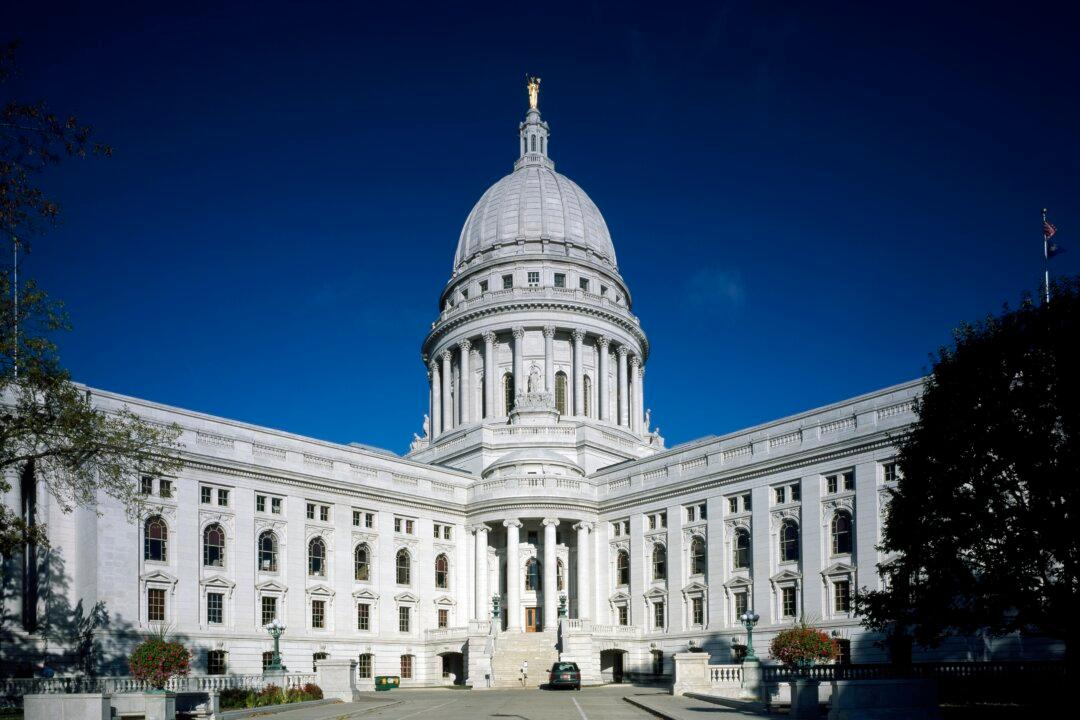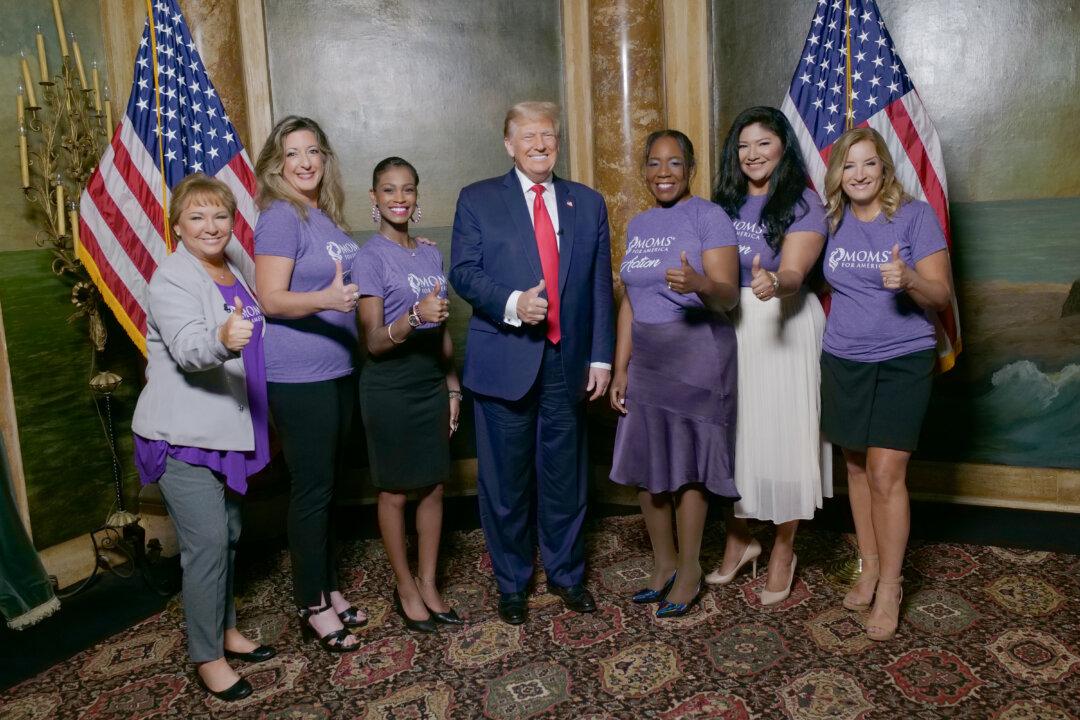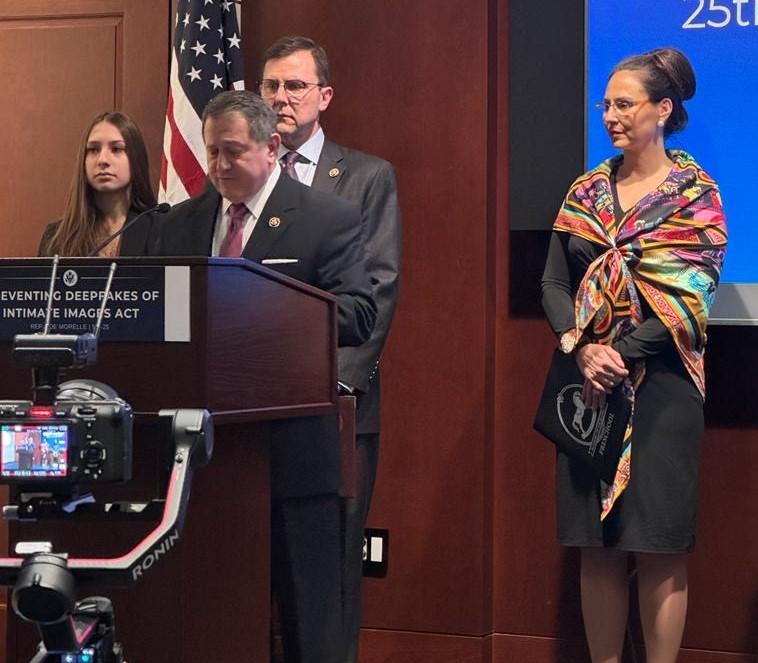A Wisconsin statewide election campaign—with the primary set for Feb. 21 and the general election vote for Apr. 4—is attracting the keen interest of political operatives from across the country and bringing in piles of cash to support the candidates.
In this battleground state, there is much at stake in the outcome to fill an open seat on the Wisconsin Supreme Court, with the next court expected to hear cases on the highly contentious and emotional issue of abortion and also on legislative redistricting, voting law, and public employee collective bargaining and pension reform.





